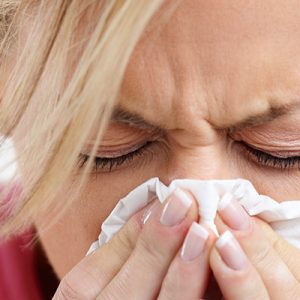
Allergic rhinitis is a disease mediated by the body's defense system, causing symptoms such as sneezing, itching, difficulty breathing, and/or runny n..
More >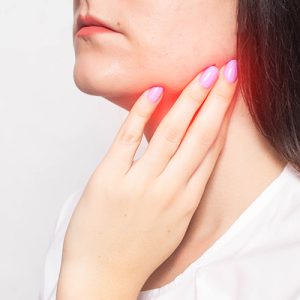
Salivary gland stone is one of the most common causes of unilateral inflammation of the salivary glands. The typical symptom of the disease is the app..
More >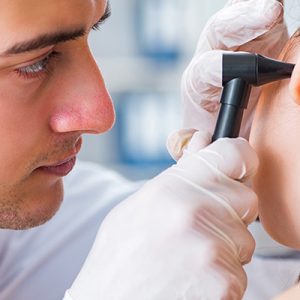
Eardrum Surgery in Turkey The eardrum is a transparent membrane inside the ear canal that separates the outer ear from the middle ear. It i..
More >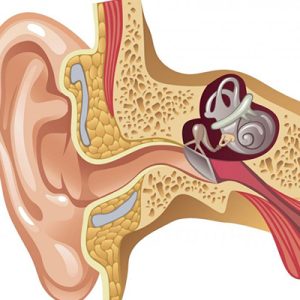
Ear tubes, also known as ventilation tubes, are small cylinders made of metal or plastic which are surgically placed on the eardrum and allow airflow ..
More >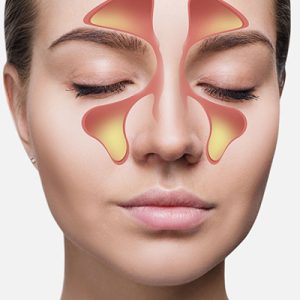
Balloon Sinuplasty in Turkey Balloon sinuplasty is a surgical procedure used to treat chronic sinusitis and sinus congestion, where patie..
More >
Endoscopic Sinus Surgery in Turkey Endoscopic sinus surgery is the gold standard in the treatment of sinus cases resistant to medical treatment. Endo..
More >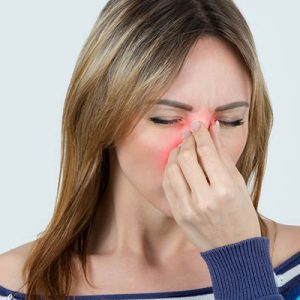
Sinusitis is a condition that significantly reduces the quality of life. Air cannot pass freely from the nose into the sinus cavity. It can be acute o..
More >
The nasal turbinates are spongy, narrow passages that help keep the nostrils moist. There are six conchae in the nose, three in each nostril. The turb..
More >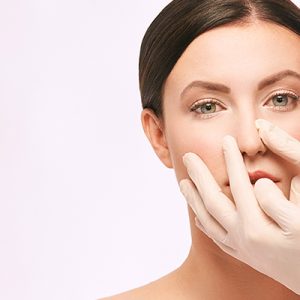
Septum Deviation Surgery in Turkey Septum deviation surgery, or septoplasty for short, is an operation to correct the deviated septum. The septum is ..
More >
In children, the tonsils and adenoids are lymphoid tissues that help regulate the body's immune system. They catch bacteria and viruses that enter the..
More >
Snoring is a common sleep problem that is more common in men and overweight people, and its incidence increases with age. It can be mild, severe, inte..
More >
Like other parts of our body, our ears, nose, and throat may also cause pain due to many diseases and may not function properly. ENT Diseases can caus..
More >
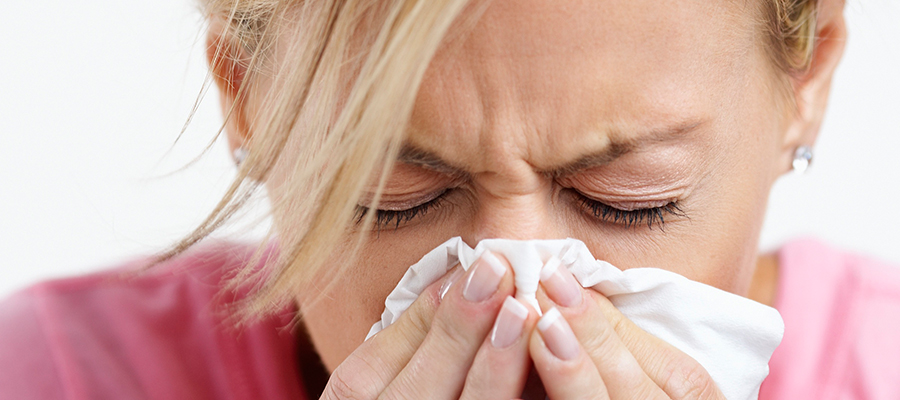





I am 5 weeks since my operation and am already extremely happy with my results. Thank you Hayati for everything you have done..
Dr Hayati Kale and his amazing staff were very professional, informative and friendly, and provided a first class result. Highly recommended..
The result is exactly what I was looking for. I'm finally able to breathe and couldn't be happier with the improved shape of my nose..
If you are considering a rhinoplasty surgery without hesitation, I highly recommend Hayati Kale ! There is no one better than him in Istanbul.